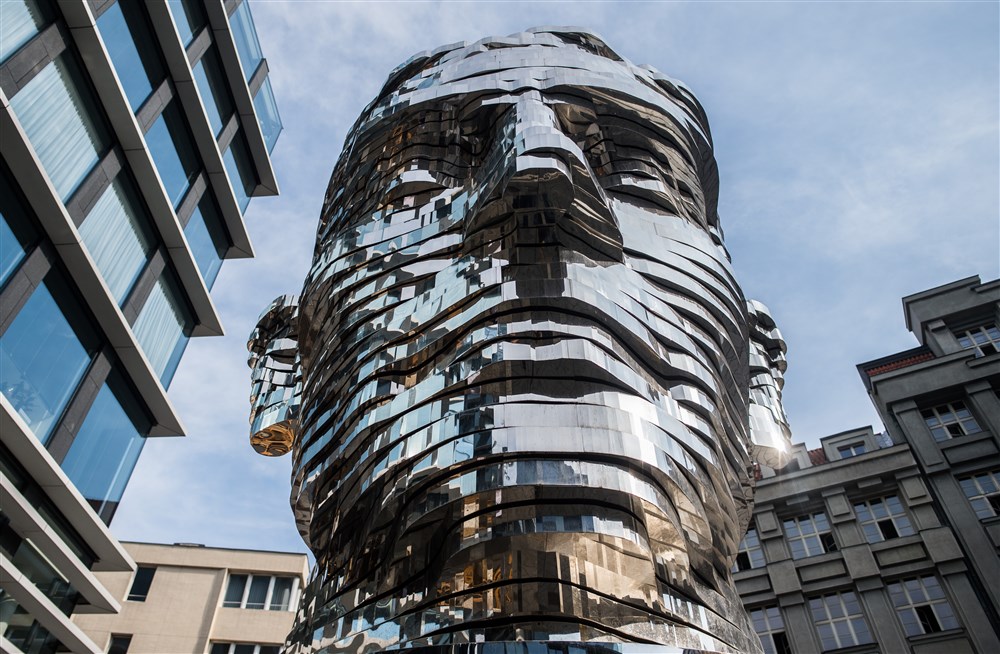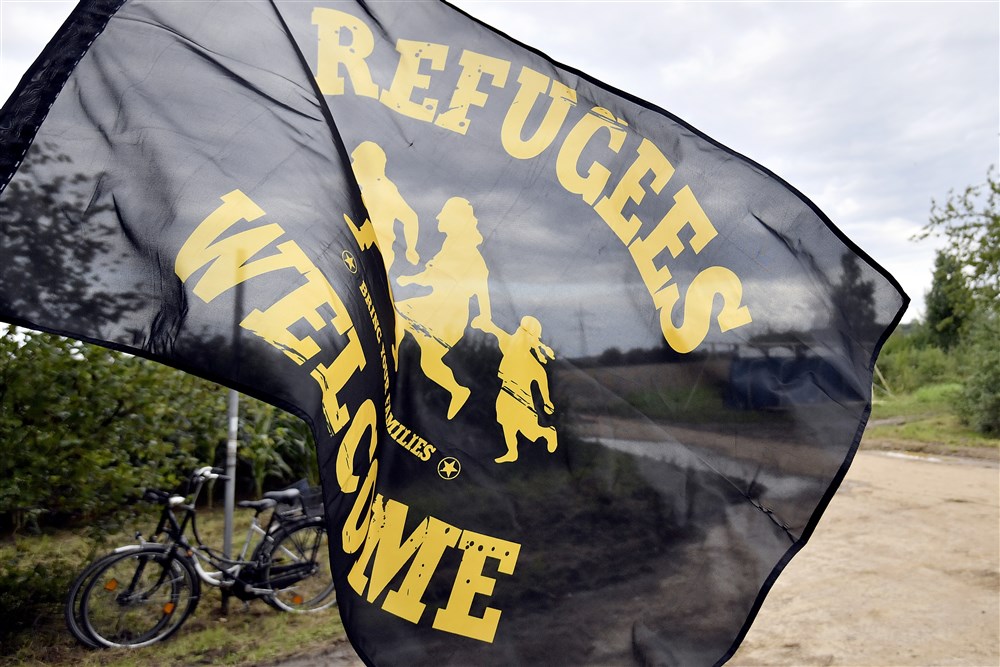German police have detained three further suspects linked to an alleged far-right plot to topple the government in an armed coup, the federal prosecutor said on Tuesday, raising further questions over the extent of the security threat posed by the shadowy Reichsbürger movement.
The suspects, identified as Johanna F.-J., Hans-Joachim H. and Steffen W., in line with German privacy rules, were arrested late on Monday in three operations across two German states, the prosecutor’s office said in a statement. The detained are accused of membership of a terrorist organization.
The prosecutor linked the arrests to an ongoing probe into an alleged armed plot to overthrow the German government by members of the far-right Reichsbürger group. In December, police arrested 25 suspected plotters, among them a self-styled prince, a former judge, and a retired paratrooper.
The Reichsbürger – or Reich Citizens – are a loose group of individuals who reject the legitimacy of the German state and its post-war constitution. Members advocate for the right to bear arms, and often refuse to pay taxes, follow laws, or accept the authority of German courts and law enforcement.
In recent years, German authorities have foiled several plots by groups affiliated with the movement reportedly targeting critical infrastructure, government representatives and even a plan to attack the German parliament. Members allegedly amassed weapons and drew up target lists of leading politicians.
The latest detainees are accused of fulfilling a range of roles in the banned group. Since allegedly joining last May, Johanna F.-J. reportedly attended Reichsbürger leadership meetings before meeting with a high-ranking Russian diplomat to seek international backing for the coup, the prosecutor said.
Alleged long-time member Hans-Joachim H. is suspected of helping with recruitment and of providing more than €140,000 in financing to the group. Steffen W., meanwhile, allegedly helped the conspirators acquire weapons and provided military training to recruits. Reportedly exploiting his management role in a homeland security company led by co-defendant, Ralf S, he is said to have planned the takeover of a former barracks for use by the plotters.
Officials disagree on how advanced the Reichsbürger coup plans were at the point of discovery. However, authorities have voiced concern that the alleged plotters had acquired weapons and that their membership included otherwise unlikely suspects, such as judges and police officers, who were not otherwise on police radar.
Rejecting the legal basis of the 1990 Two Plus Four Treaty that granted sovereignty to reunified Germany, Reichsbürger argue the country is still occupied by the Western allies – the US, UK, and France – and insist the 1871-established German Empire and its pre-WW2 borders persist. Claiming regions as independent states, they illegally make their own passports and driving licences.
Authorities estimate membership at around 23,000. They have rescinded weapon permits for hundreds of members of the group, which has become increasingly violent in recent years, executing attacks on law enforcement, culminating in the 2016 killing of a police officer.
The movement gained momentum during the COVID-19 pandemic. Aligning with Germany’s anti-lockdown Querdenker group, Reichsbürger were among those who stormed parliament in a symbolic act of protest in August 2020. They also flooded courts with motions against public health measures.





Should the EU give lectures on morality to the rest of the world?